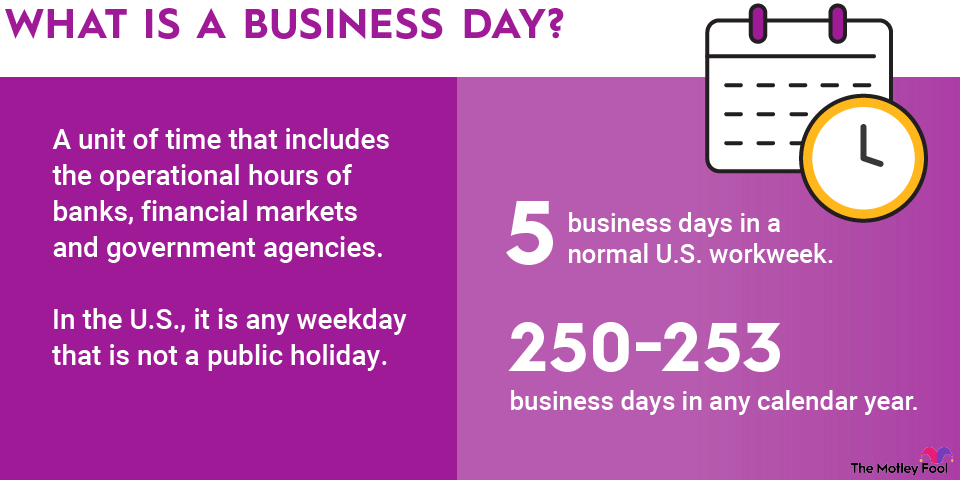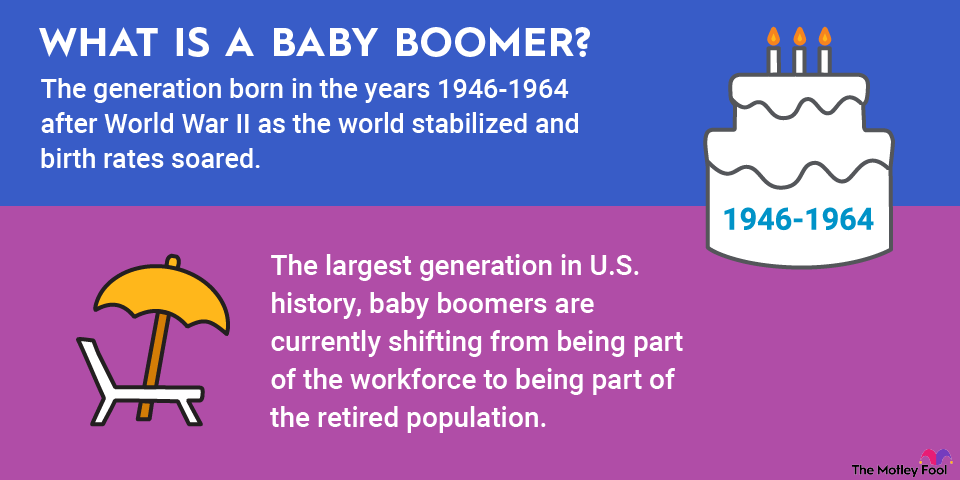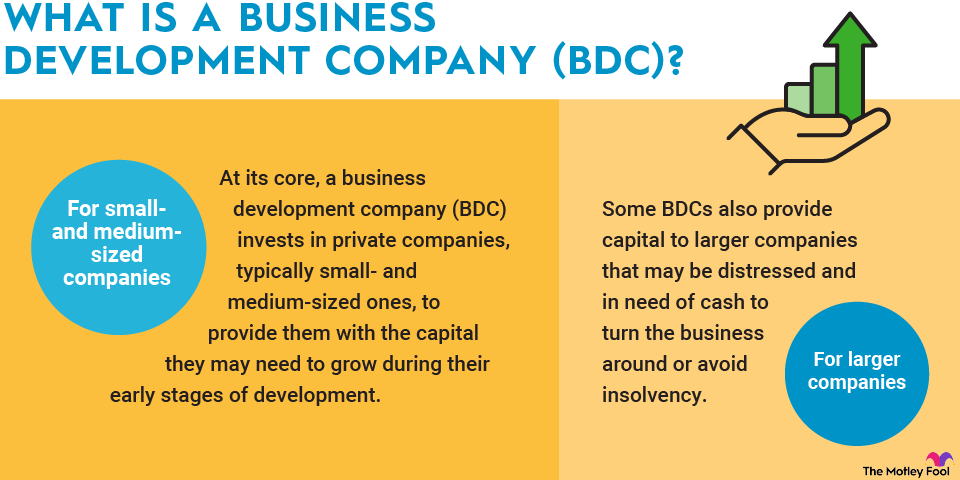Sometimes, the obvious questions are the ones that most need answering. For example, for investors, "What is a business?" could be an important thing to understand. Although we all think we know what a business is, let's do a deep dive and explore this idea further.

What is a business?
A business is an entity that engages in some kind of economic activity, primarily either producing goods or performing services. This can range widely, from a company that produces cans of soup to building professionals who assess the structural integrity of a home and advise on how to correct any defects found.
Businesses can be nearly any size, from a solopreneur working from their basement to a multinational corporation with headquarters in every major city on the planet. For most businesses, the main goal is to make money, though many are also driven by other motivations, such as generating medical breakthroughs or developing new and exciting technology.
Types of business organization
It's important to understand how a business is organized, both for tax reporting purposes, and so you can better see how they operate. There are four main types of business organization:
- Sole proprietorship. Sole proprietorships are operated by a single person, and may have employees or simply be a solopreneur situation. There's no legal separation between the owner and the company, making both tax and legal liabilities of the business the responsibility of the owner.
- Partnership. A partnership is a business owned by two or more people who work together to make the business function. Partners do not have to have equal stakes or equal involvement in the business, but can instead contribute and benefit from the company based on their participation. Like a sole proprietorship, a partnership doesn't distinguish between the owners and the business when it comes to taxes and liabilities.
- Corporation. There are many different kinds of corporations, but they share many elements in common. Under a corporate structure, a group of people form an entity to operate the business. Owners are called shareholders, and if the corporation is large enough, it may even issue common stock that can be purchased by other potential owners. Corporations have tax and legal structures that are fully separate from their owners.
- Limited liability company (LLC). An LLC is a special kind of business structure that is often used for small businesses looking for additional legal protection. Under an LLC, tax benefits look more like a partnership, and legal liability can be more like that of a corporation, if you follow specific rules.
Common business models
Businesses come in all shapes and sizes, with a range of business models. Even so, some are more common than others. Here are some of the most common you may encounter:
- Retailer. Everyone has been exposed to retailer business models. In these models, a company's main role is to connect customers with products.
- Manufacturer. Manufacturers make their money producing products for sale to consumers or to other businesses, which may use additive processes to finish them for a different consumer base.
- Fee-for-service. Fee-for-service companies, often just called service companies, provide services and mainly charge for labor. You hired a fee-for-service company the last time you had a plumber out to the house.
- Subscription. Subscription services have become very popular in the last decade, with companies offering subscriptions for everything from streaming services and software packages to beauty products and crates of vegetables.
Brokerage. A brokerage connects sellers and buyers, taking a cut for acting as the middleman. Anyone who has bought or sold a house using a Realtor did so through a brokerage.
Related investing topics
Businesses versus nonprofit organizations
Many people are surprised to learn that nonprofit organizations are also technically businesses, even though their primary goal isn't to make money. They're still classified as businesses and have to operate according to the same or similar rules, depending on their exact classifications.
The main distinction occurs when it comes time to file their taxes, since nonprofits often run on donations and may pay minimal taxes on that income. They still have to follow the same rules as businesses when it comes to employee tax withholding and paying state and local taxes, however.



















